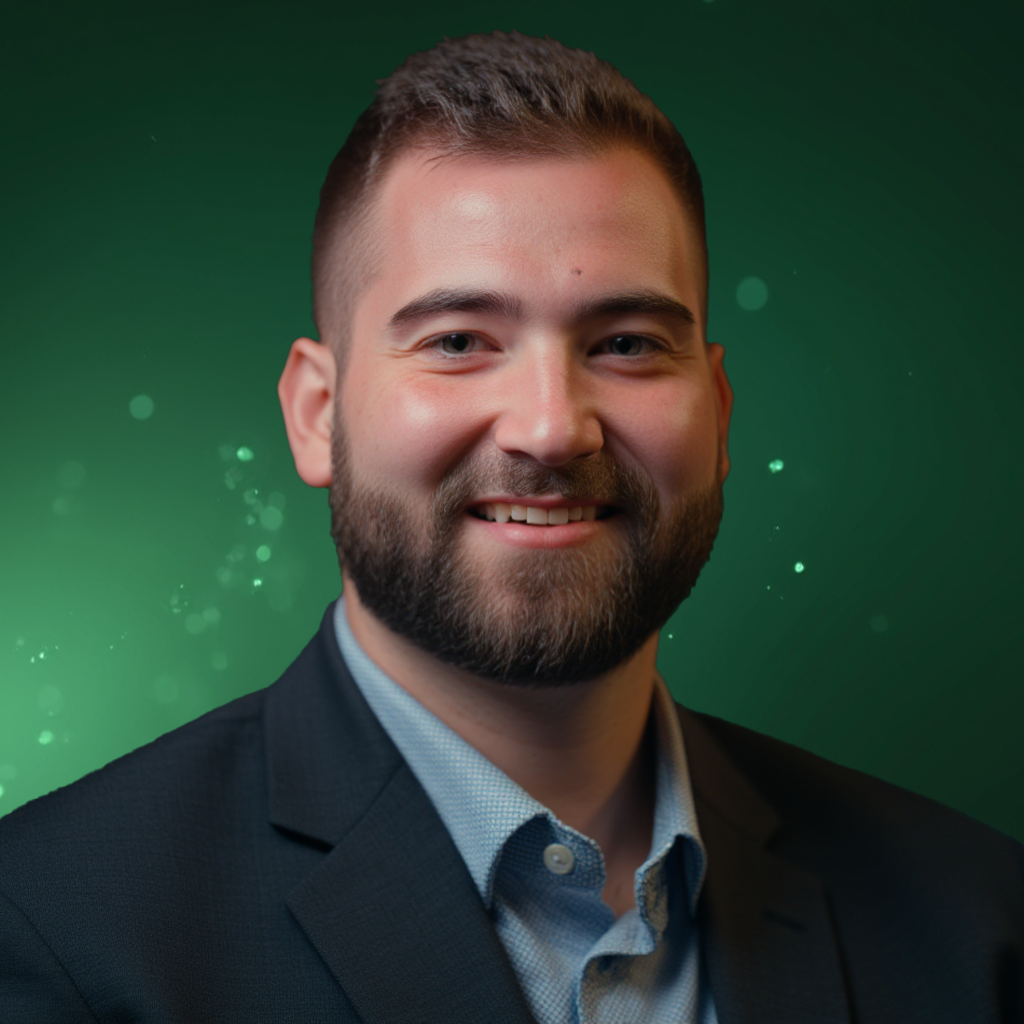Dr. Ben Rein
Ph.D.
Neuroscientist | Science Communicator | CSO at Mind Science Foundation
Ben Rein, Ph.D. is a neuroscientist and science communicator. His research focuses on the neurobiology of social interactions, and has uncovered new information about the neuroscience of empathy, the genetic basis of autism spectrum disorder, and how connections between brain cells regulate social behaviors. While working at Stanford University, he discovered how the psychoactive drug MDMA acts in the brain to enhance empathic behavior. Dr. Rein has received research honors from the National Institutes of Health, the Society for Neuroscience, and Sigma Xi.
Outside of the lab, Dr. Rein creates educational neuroscience videos for an audience of over 1 million social media followers. He believes that society’s relationship with science must be nurtured through greater accessibility. He thus brings science to the public by summarizing research papers, teaching neuroscience fundamentals, and debunking viral videos containing misinformation. His videos have been viewed over 60 million times and been featured on Good Morning America, ABC News, and other major media outlets. He has also been interviewed by Popular Mechanics and served as an expert consultant for Entertainment Tonight.
Dr. Rein has been invited to speak at national and international conferences and led science communication workshops at universities including Johns Hopkins, Stanford, UT Dallas, and the University of Minnesota. He has also joined over 40 podcasts as a guest, including StarTalk with Neil DeGrasse Tyson. Dr. Rein is a contributing editor at OpenMind Magazine and has led science journalism projects supported by the Pulitzer Center on Crisis Reporting. Dr. Rein is currently the Chief Science Officer of the Mind Science Foundation, has served as a scientific advisor or consultant for more than 35 companies and foundations, and is the Founder and President of the Aspiring Scientists Coalition, an organization providing free career guidance for students in over 75 countries. His science communication has been recognized with awards from the National Academies of Science, Engineering, and Medicine, the Society for Neuroscience, Stanford University, and the American Association for the Advancement of Science.

